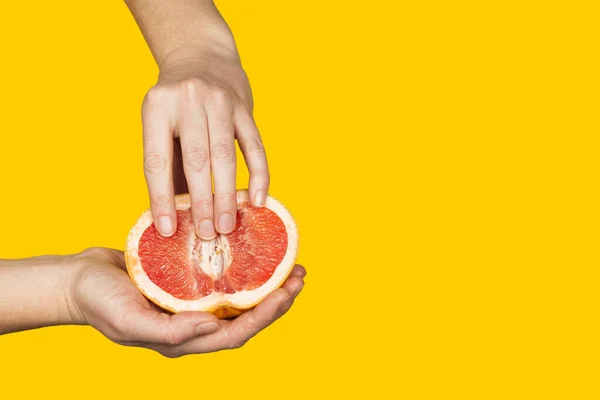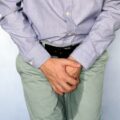Can Getting Fingered Cause Yeast Infection? Yeast infections are a common health issue that many individuals experience at some point in their lives. They can occur in various parts of the body, but one question that often arises is whether getting fingered can cause a yeast infection.
A yeast infection, also known as candidiasis, is a fungal infection caused by an overgrowth of Candida, a type of yeast. While Candida naturally resides in our bodies, an imbalance can lead to its rapid multiplication, resulting in an infection. The most common type of yeast infection is known as vaginal yeast infection, affecting women, but it can also occur in other parts of the body, including the mouth, throat, and skin.
Can Getting Fingered Cause Yeast Infection?

Fingering involves the stimulation of the genitals using fingers, and it is a common sexual activity among partners. The concern arises because Candida can be present on the skin, including the fingers. If the person performing the act has an overgrowth of Candida on their hands, it is theoretically possible to introduce the yeast into the vagina during fingering.
Other factors that can increase the risk of yeast infection after fingering include:
- Having a weakened immune system
- Taking antibiotics
- Being pregnant
- Wearing tight-fitting clothing
- Having diabetes
- Hormonal Changes
- Irritation and Breaks in the Skin
Symptoms of Yeast Infection
Yeast infections can cause various uncomfortable symptoms, such as:
- Vaginal itching and soreness
- Thick, white vaginal discharge with a yeasty odor
- Burning sensation during urination or intercourse
- Redness and swelling of the vulva
Tips to Prevent Yeast Infections After Fingering
Preventing yeast infections after fingering involves taking some simple yet effective measures. Here are some tips to help reduce the risk:
- Good Hygiene: After any sexual activity, including fingering, it’s crucial to practice good hygiene. Wash the genital area with mild soap and water, ensuring to clean around the clitoral hood and the folds of the labia. Avoid using harsh soaps or douches, as they can disrupt the natural balance of bacteria and yeast.
- Keep Hands Clean: Ensure that both partners wash their hands thoroughly before any sexual activity. Clean hands reduce the chances of introducing harmful bacteria or yeast into the genital area.
- Trimmed Nails: Keeping nails short and smooth can prevent any accidental scratching or irritation to the sensitive skin of the genital area, reducing the risk of infection.
- Safe Sex Practices: If one partner has a yeast infection or any other infection, it’s best to abstain from sexual activities until the infection has cleared completely. This precaution helps prevent the transmission of the infection to the other partner.
- Use Lubrication: Adding a water-based lubricant during fingering can reduce friction and irritation, promoting a more comfortable experience and minimizing the risk of small tears or cuts that could allow yeast to enter the body.
- Cotton Underwear: Wearing breathable cotton underwear allows air circulation and helps keep the genital area dry. Avoid tight-fitting or synthetic underwear, as they can trap moisture, creating an environment conducive to yeast overgrowth.
- Avoid Irritants: Stay away from products that may cause irritation to the genital area, such as scented soaps, sprays, or bubble baths. These can disrupt the natural balance and increase the risk of infection.
- Probiotics: Consuming foods or supplements containing probiotics can promote a healthy balance of bacteria in the body, including the vagina. Probiotics are beneficial bacteria that can help keep yeast in check.
- Balanced Diet: A balanced and healthy diet can contribute to overall well-being, including maintaining a healthy immune system. Reducing excessive sugar intake can also help prevent yeast overgrowth.
- Stay Hydrated: Drinking an adequate amount of water can help flush out toxins from the body and support overall health, including vaginal health.
- Avoid Hot Tubs and Pools: Sitting in warm, moist environments like hot tubs or pools for extended periods can create an ideal setting for yeast to thrive. It’s best to avoid these settings during or after a yeast infection.
- Regular Check-ups: Regularly visiting a healthcare provider for check-ups and discussing any concerns related to sexual health can help identify and address potential issues early on.
Common Myths
“Only Women Get Yeast Infections” – While vaginal yeast infections are more common in women due to their anatomy, men can also develop yeast infections.
“Yeast Infections Are Sexually Transmitted” – Yeast infections are not considered sexually transmitted infections. However, sexual activity can contribute to their transmission under certain circumstances.
Also read | 7 Worse Things That Happen to Your Body When You Don’t Have Regular Sex





Leave a Reply